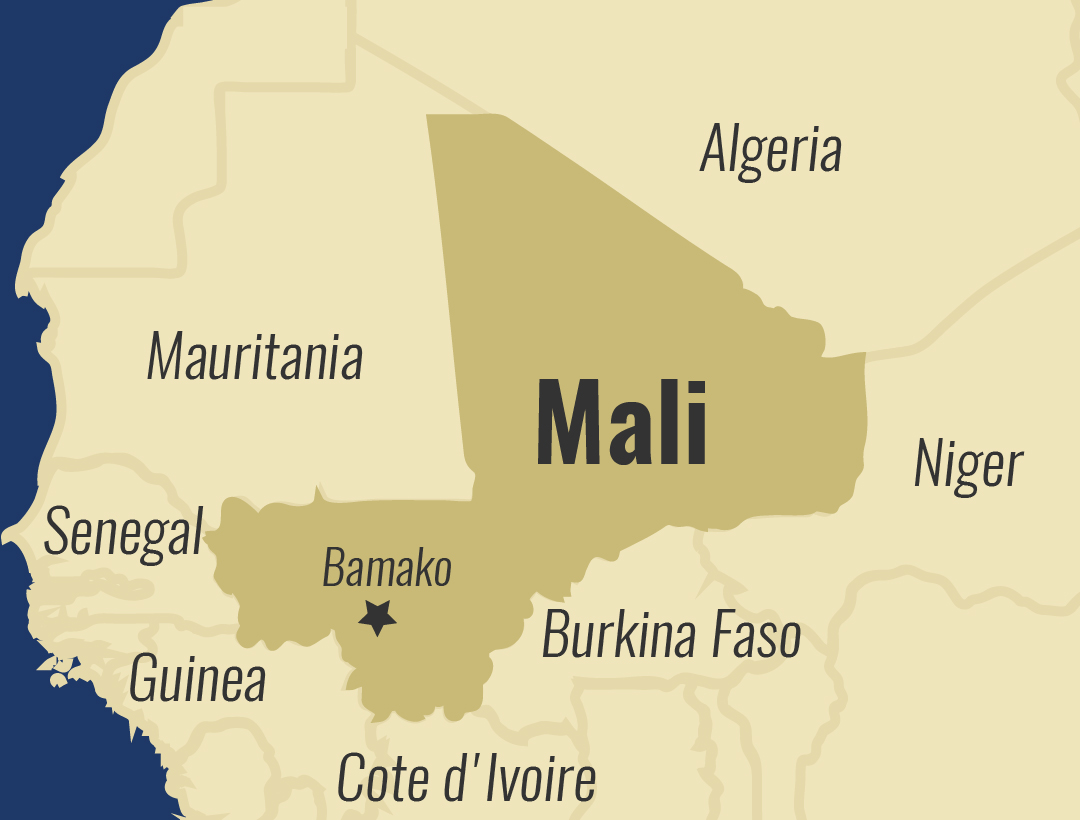
Police and protesters clash as Mali starts post-coup transition talks
Police fired tear gas to disperse campaigners for civilian rule before substantive talks over Mali’s political future began in Bamako on Thursday.
This was a sign of a deepening rift over who should lead the post-coup transitional government.
About 100 supporters of the M5-RFP coalition, which led months of protests against now-deposed President Ibrahim Boubacar Keita, clashed with police at the entrance to the conference centre in the capital, delaying the start of talks.
The junta that toppled Keita on August 18 has said the transitional government could be led by a military officer, while the M5-RFP and regional leaders have called for a civilian to take the role.
“They are trying to confiscate our revolution from us,” said Bakary Keita, a senior M5-RFP member. “We were very clear from the start. We want a civilian as president of the transition, not a soldier.”
Supporters of the ruling junta, the National Committee for the Salvation of the People (CNSP), assembled across the street from the building hosting the talks with political parties and civil society groups.
Some carried signs saying “Long live the CNSP” and portraits of CNSP president Colonel Assimi Goita.
“This is about diagnosing, without complacency, the problems undermining our democratic system,” Goita said in opening the three-day talks but did not weigh in on who should lead the transition.
West African leaders have said the CNSP must name a civilian interim president and prime minister by September 15 if they are to start easing sanctions imposed after the coup.
The talks were boycotted by the main alliance of pro-independence Tuaregs in northern Mali, who complained that the CNSP had canceled a planned meeting with them last week.
The chaos unleashed by a Tuareg rebellion in 2012 led to Islamist militants briefly taking over all of the desert north, before French forces intervened the following year to push them back.
International powers fear the political uncertainty could undermine the fight across West Africa’s Sahel region against Islamist militants linked to Al-Qaeda and Islamic State, as a previous coup did in 2012.






